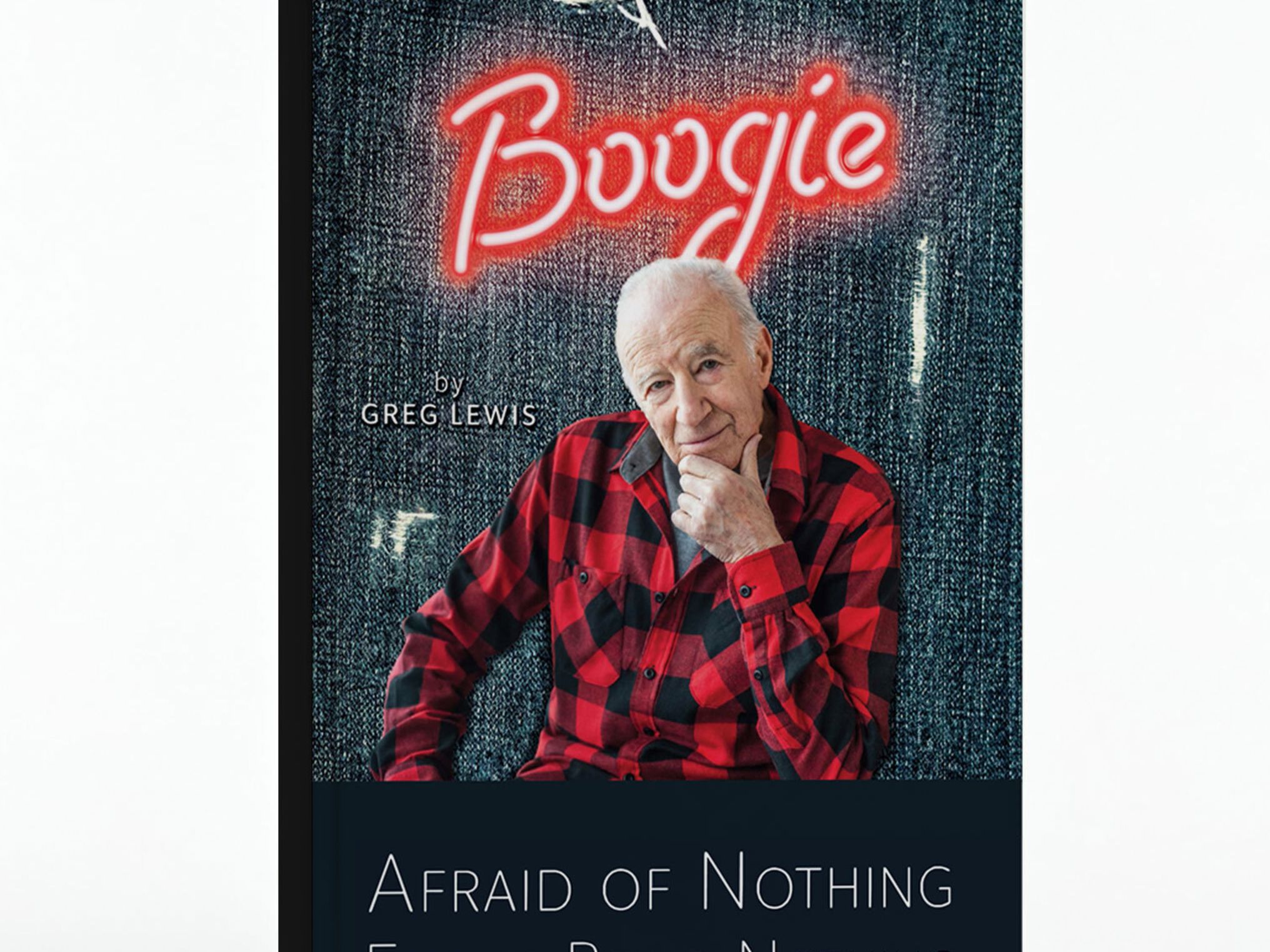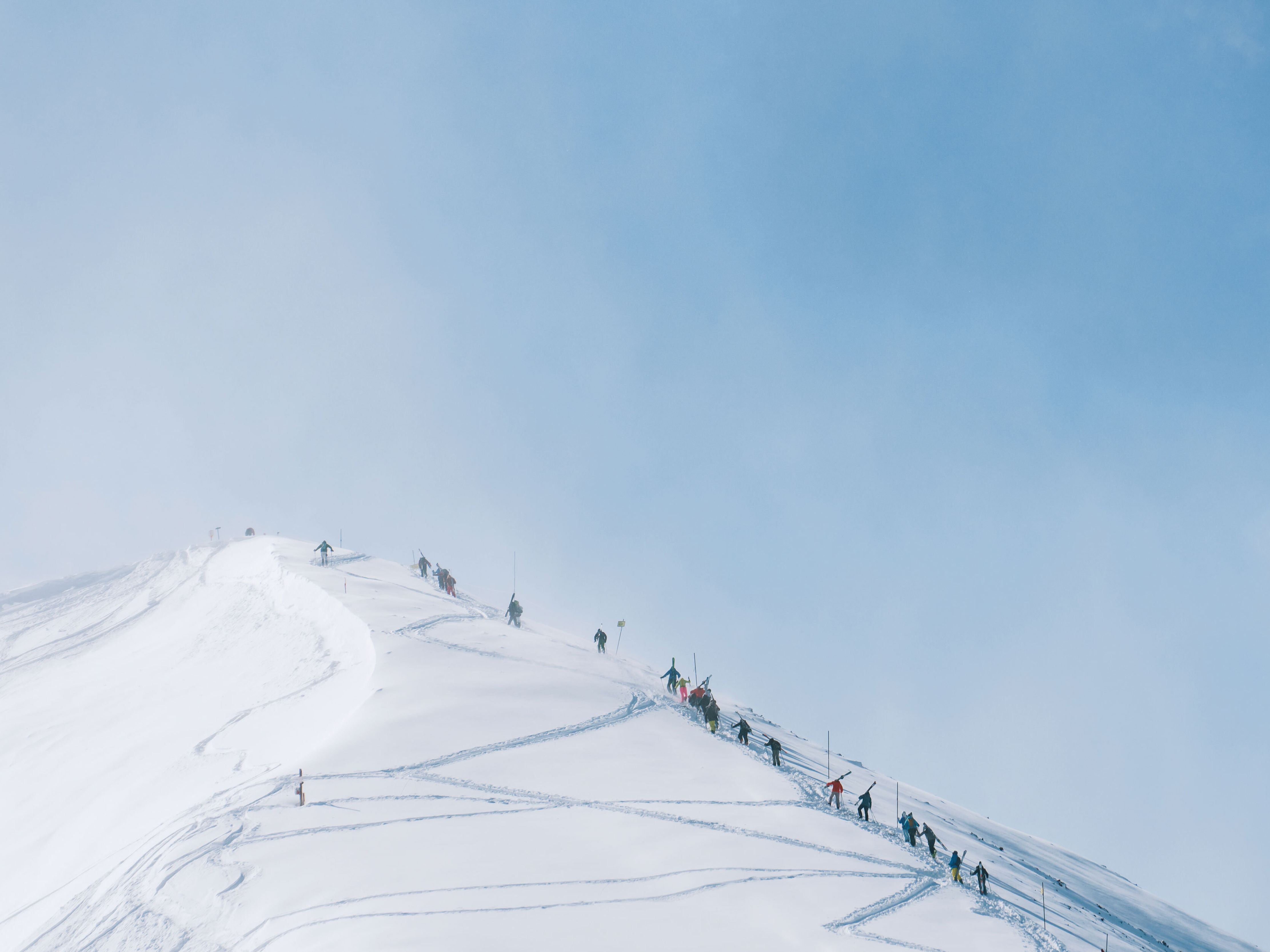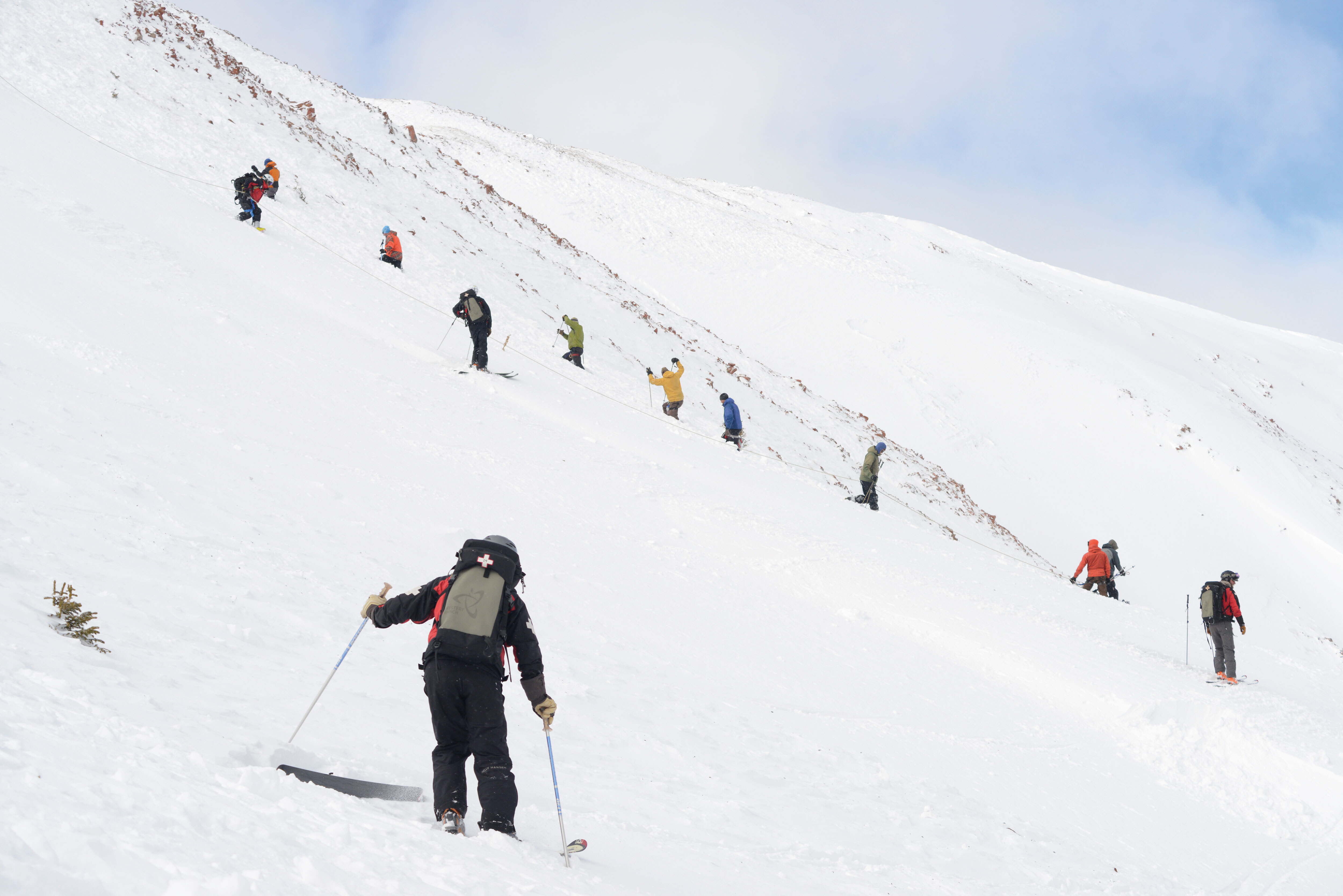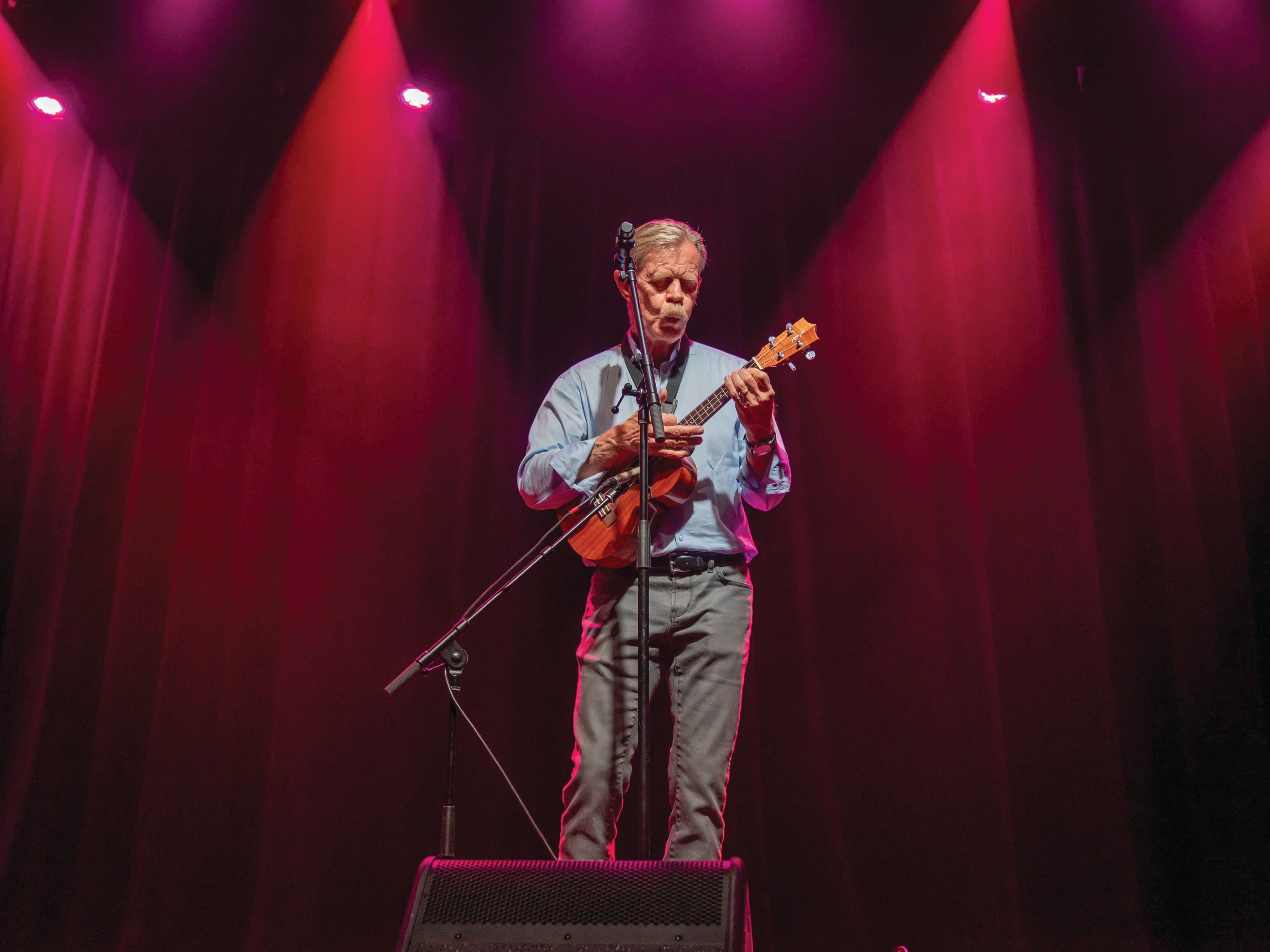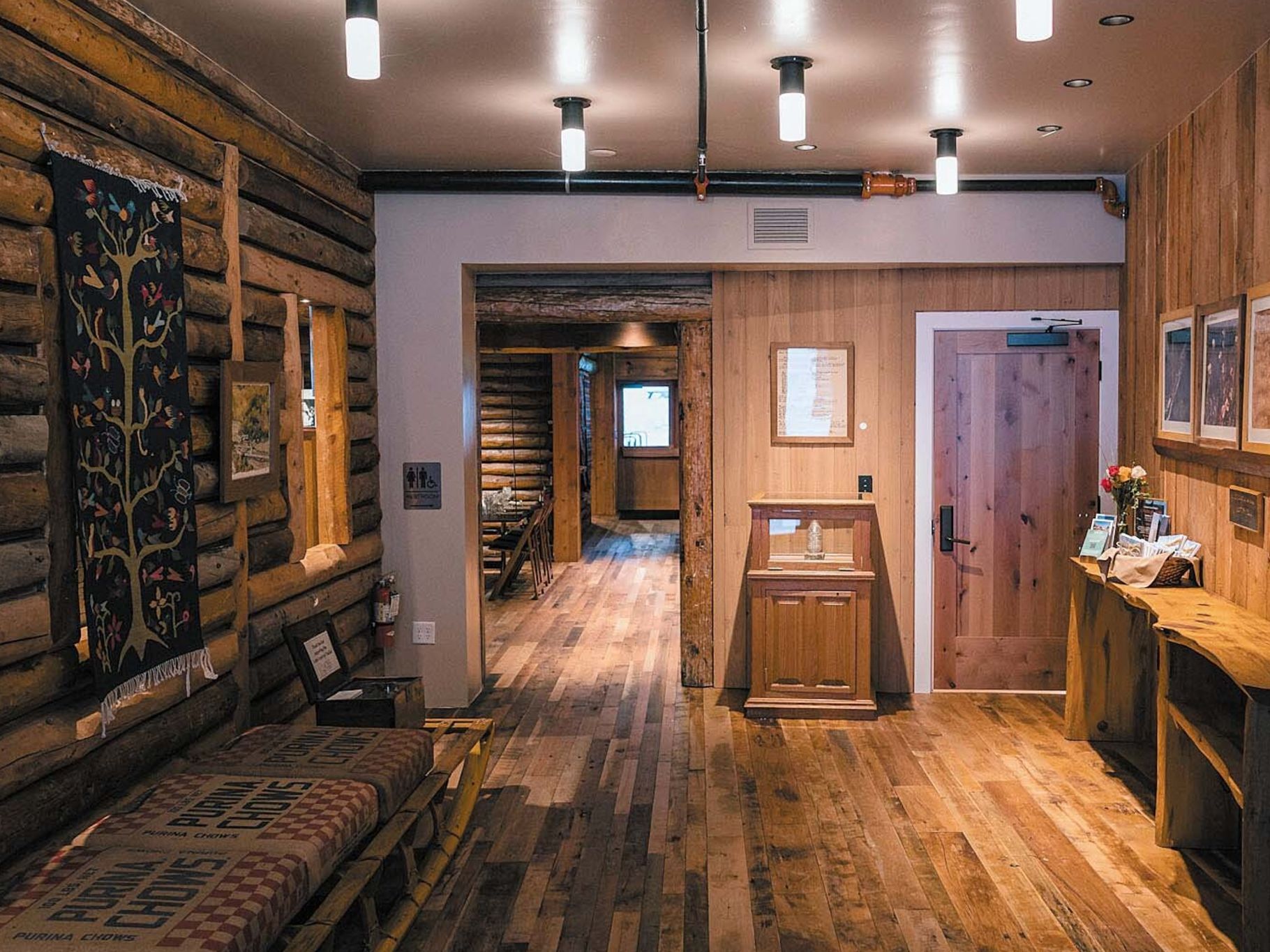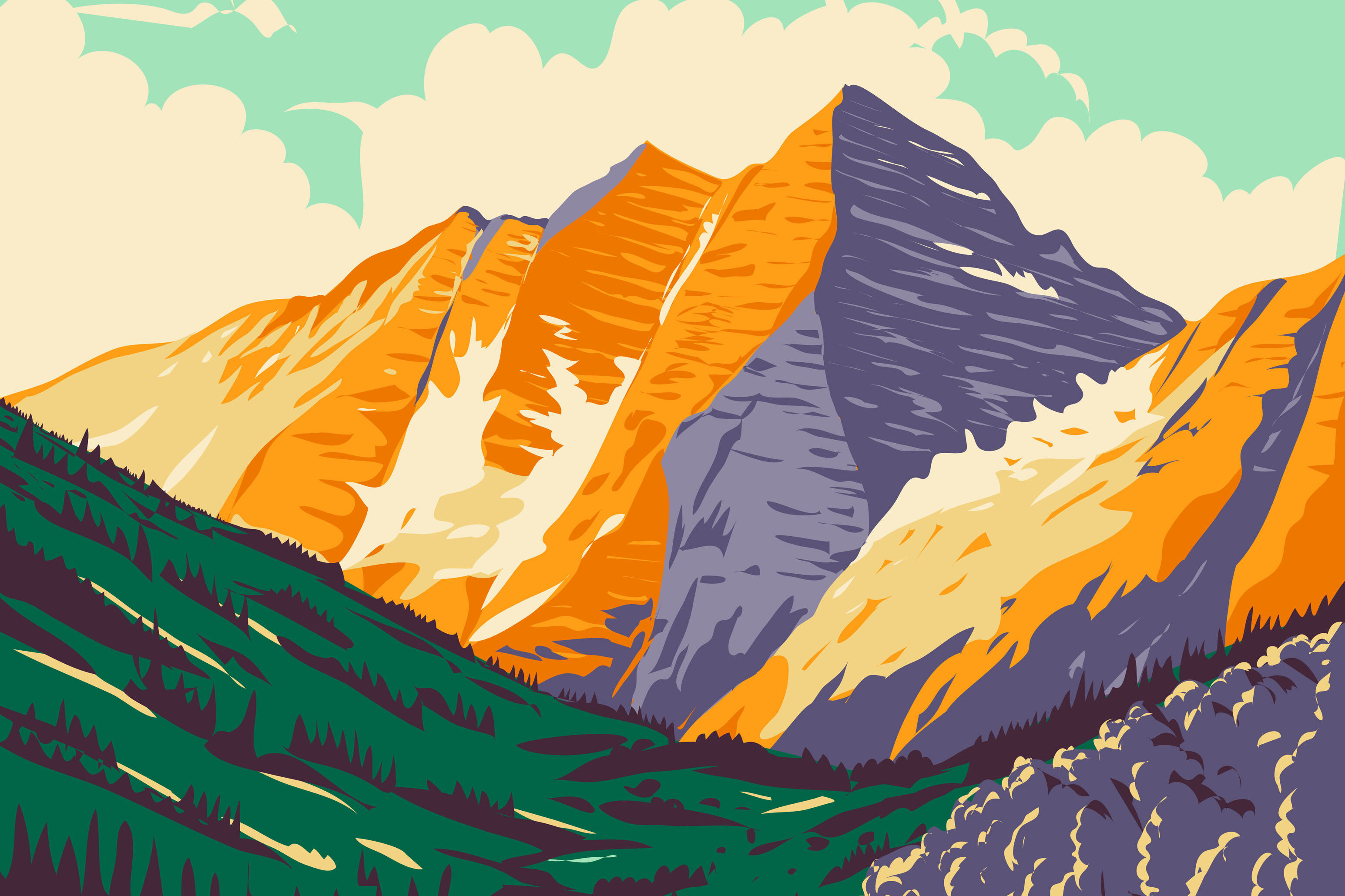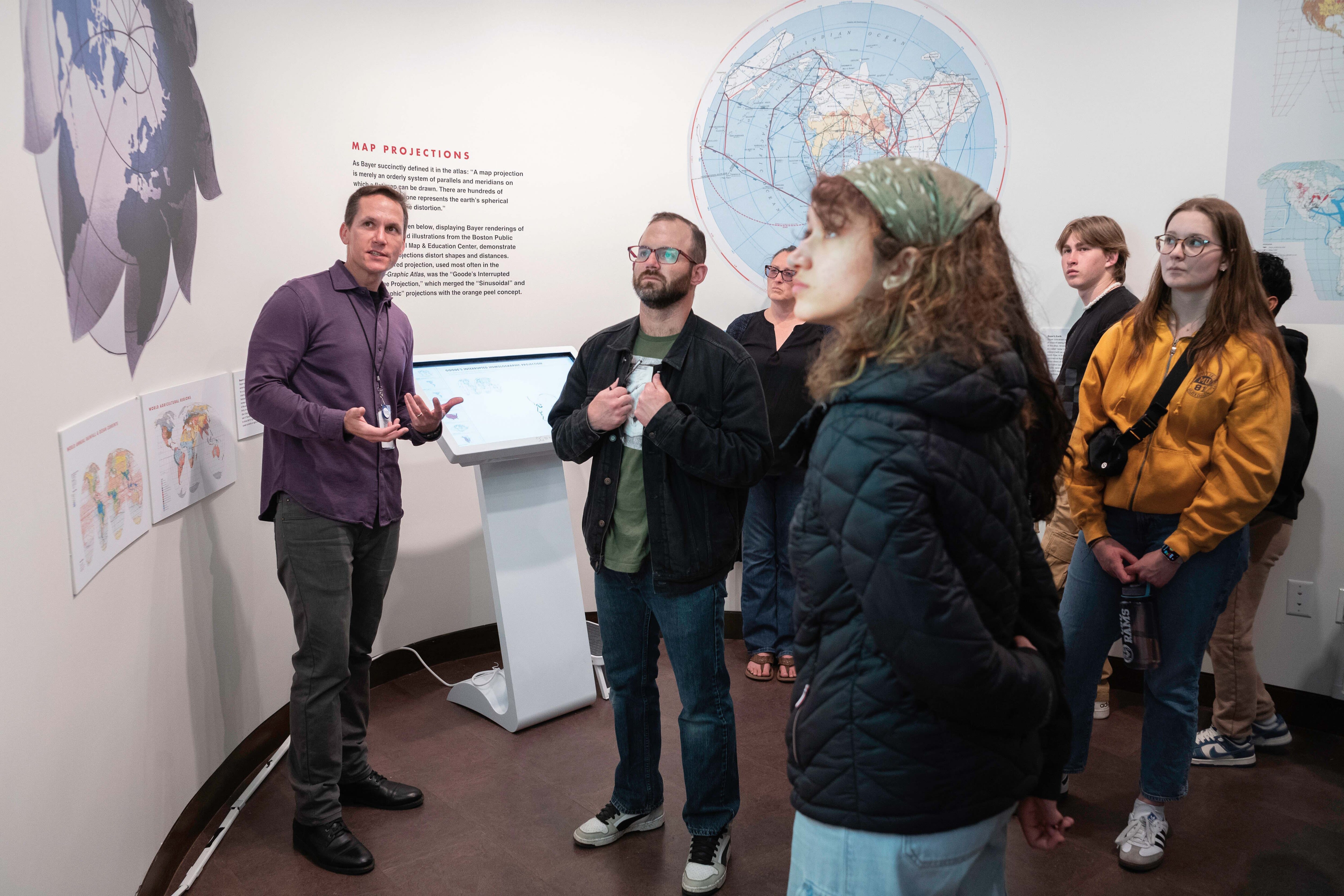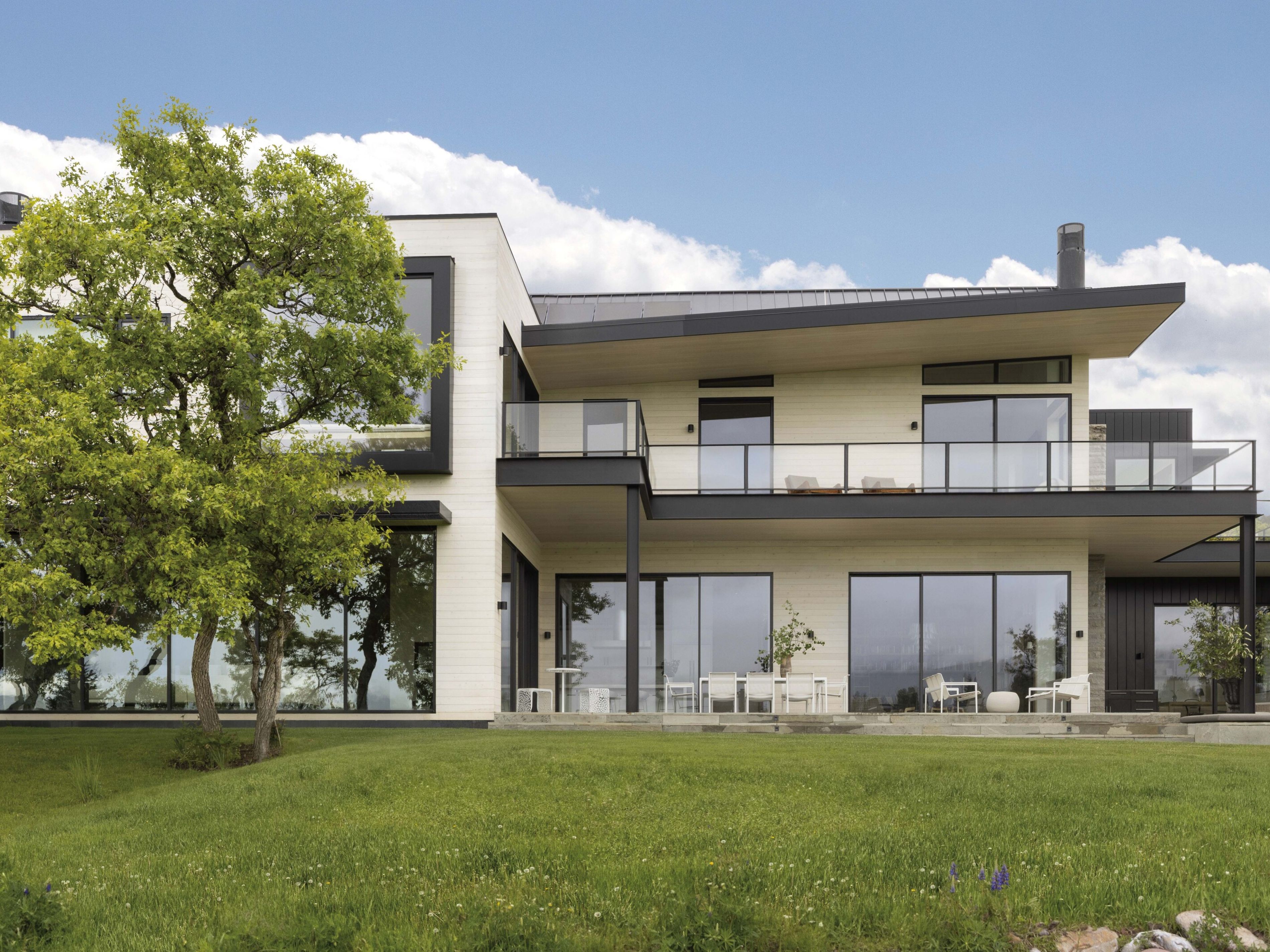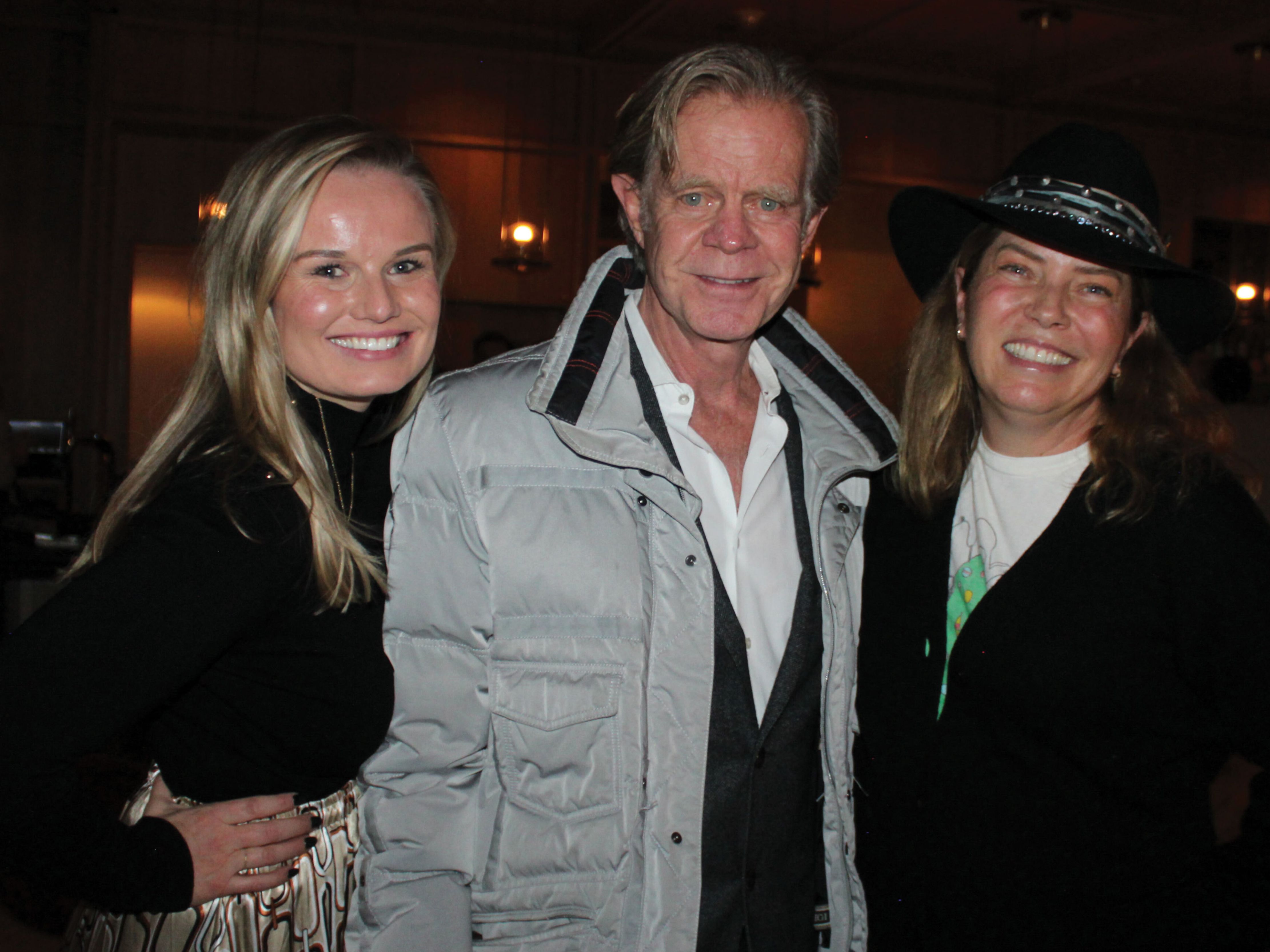Sojourner Salutes: Walter Isaacson
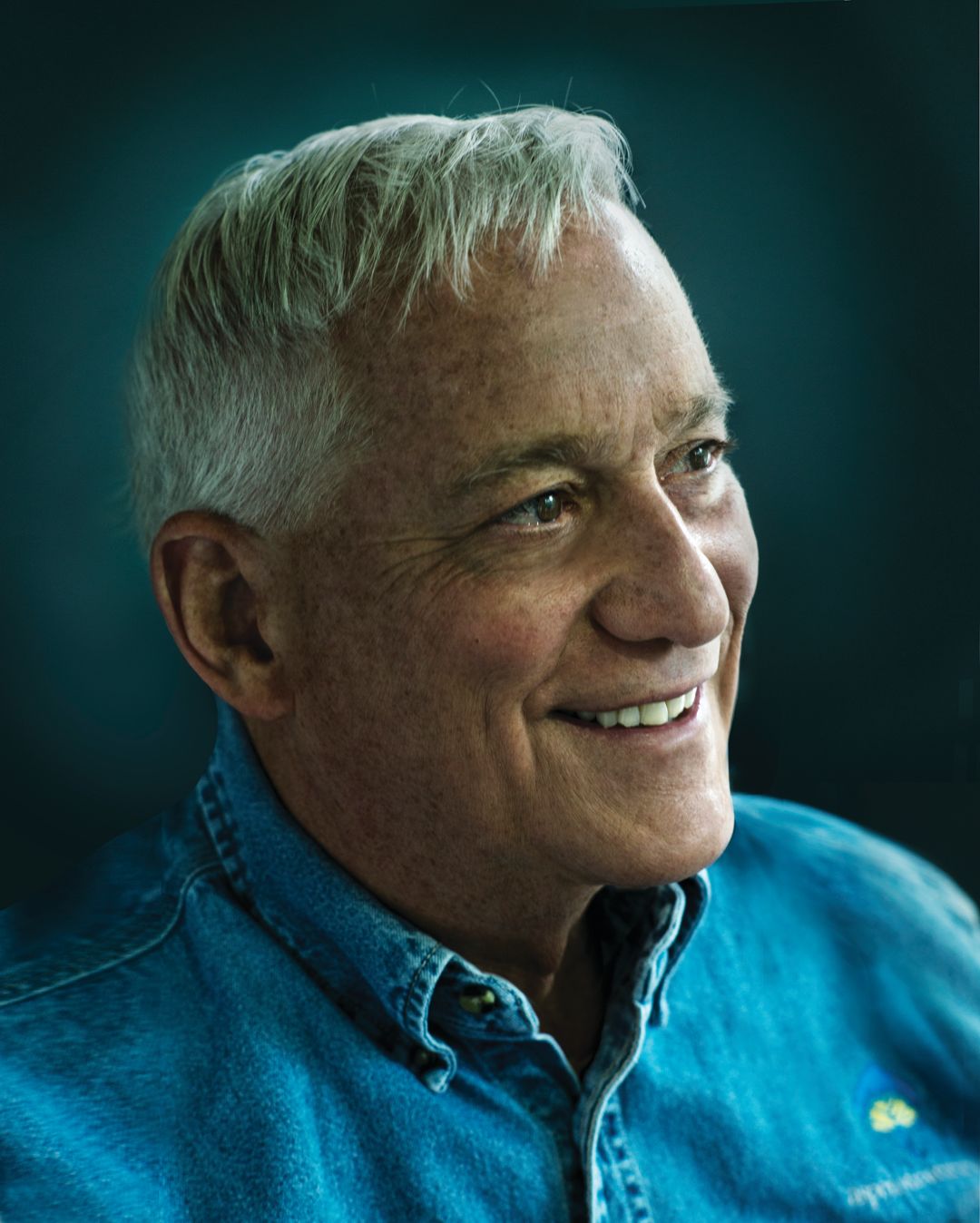
Walter Isaacson
Image: Karl Wolfgang
Once a year, Aspen Sojourner recognizes three individuals or couples who have done much to enrich lives locally. Choosing them often occasions lively debate in our office, but, ultimately, we always agree on a trio we feel fortunate to honor. Our salutees this year: a bike-share entrepreneur who also curates her renowned grandfather’s photos, a couple who founded a nonprofit to help ease the financial burden for locals with cancer, and the leader who transformed the Aspen Institute into a multifacted, community-serving entity.
It seems almost strange to write the words “former Aspen Institute president and CEO” before Walter Isaacson’s name. Since arriving in 2003, the former head of CNN and one-time Time magazine editor has been the charismatic public face of the nonpartisan think tank founded here almost 70 years ago. Like Leonardo da Vinci, the subject of his latest biography, Isaacson is nothing if not a Renaissance man himself, with an astonishing breadth of knowledge and admirable ease at transitioning into various roles: interviewer one minute, chief fundraiser the next, top administrator the next, not to mention a prolific writer, biographer, and historian.
He announced his resignation last March and left his post in August to return to his hometown, New Orleans, where he’ll teach history at Tulane University, and also spend time in New York working with investment firm Perella Weinberg.
Why? The simple answer is, it’s time. “When I took the job,” Isaacson says, “I promised I would do it for five years, though in my head I planned to stay for seven.” After a while, he admits, “I thought, ‘Why would anyone ever leave?’ But it’s important to realize that it’s not about you,” he says. “You are the steward for something larger than yourself. I was just one of many people.”
Nonetheless, Isaacson has done more than any of his predecessors to integrate the Institute—now based in Washington, DC, but with a key location here—into the Aspen community. Public events like several annual lecture series, a new youth engagement program, and the flagship Aspen Ideas Festival, started in 2005, have helped break down the ivory towers of the past. The Doerr-Hosier conference center, opened in 2007, hosts not only Institute gatherings but other big events.
In today’s wracked political climate, the Institute’s mission of finding common ground via shared values has even more relevance. Isaacson envisions the organization broadening its reach on another level, with communities around the country each having their own version of an Aspen Institute and “getting people with deep values to look for solutions to local problems,” he says.
Though Isaacson has plenty of big recollections from his tenure—interviewing Barack Obama just before he announced his candidacy, hearing physicist Brian Greene talk about the nature of the universe, discussing American music’s relation to race with Wynton Marsalis and Jon Batiste—some memories are more lighthearted. “When the Dalai Lama was here, a group of Tibetan monks had created a mandala out of sugar in the Hines Room,” he recalls. “Two bears broke in and started clawing at it. That was an only-in-Aspen moment.”
His presence locally will remain front and center, when a renovated and enlarged Aspen Meadows Reception Center debuts as the Walter Isaacson Center next summer. And though we won’t see him as much on the stage at, say, the Benedict Music Tent or the Greenwald Pavilion, effortlessly conversing with the likes of Hillary Clinton, Charles “Lil Buck” Riley, or Lance Armstrong, or announcing a new public program in the local papers, don’t expect Isaacson to be a stranger to Aspen.
“I hope to be invited back each summer to moderate some things,” he says. Isaacson is unlikely to stay silent in other ways, too. As he points out, “It’s more important than ever to heal America.”

